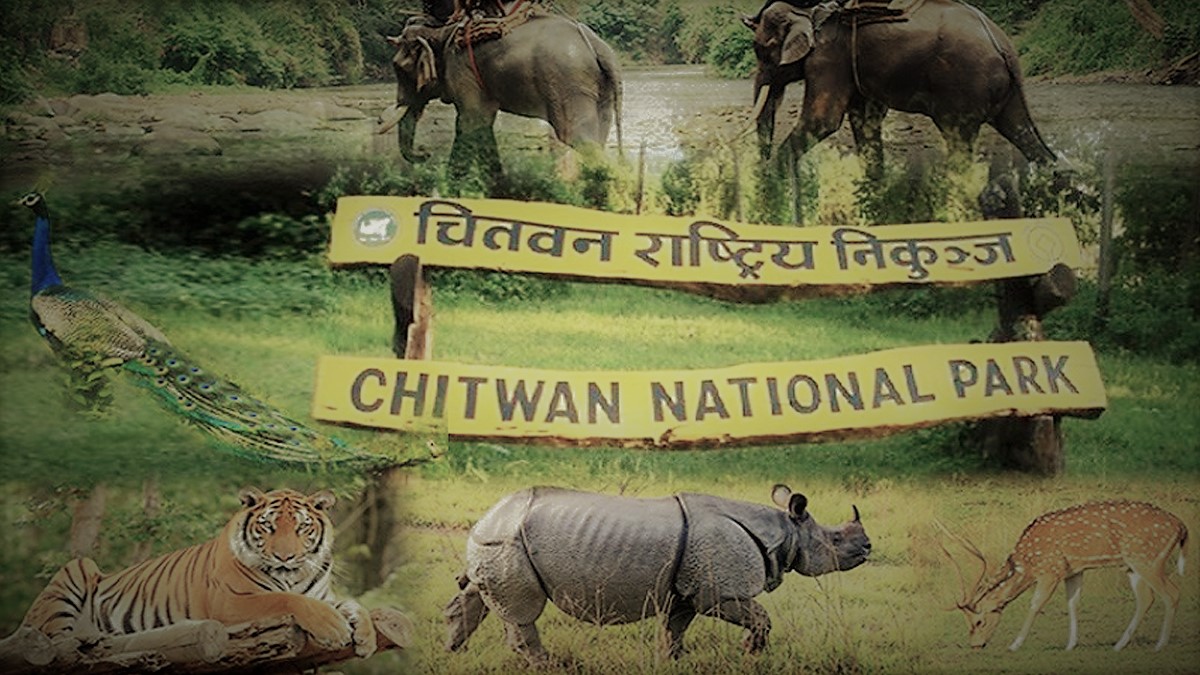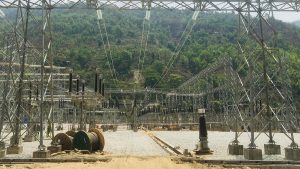
Crisis in CNP: Wildlife Struggles for Survival as Ponds Dry Up

Chitwan National Park (CNP), renowned for its incredible biodiversity and abundant water sources, is currently grappling with a new challenge caused by the scorching heat. The extreme temperatures have led to the drying up of ponds within the park, forcing wild animals to face discomfort during the dry season.
Among the affected water sources is the majestic Thapalia Pond, famous for its frequent tiger sightings. This marks the first time in history that the pond has completely dried up, highlighting the severity of the situation. Additionally, small and medium-sized ponds and lakes within CNP are also now devoid of water.
Ganesh Prasad Tiwari, the CNP Information Officer, emphasized the vital role of water sources for wild animals. Rhinoceroses, in particular, have been severely impacted as the lakes have dried up. Their nearby habitat, which once provided water and sustenance, has now become depleted, compelling these magnificent creatures to search for alternative sources of water.
The scarcity of water has caused various animals, including rhinoceroses, deer, antelope, and wild boar, to venture beyond the park boundaries in search of this life-sustaining resource. Unfortunately, the diminishing water sources have also resulted in a shortage of grass, exacerbating the situation. The eastern region of the park has witnessed fading grasslands, prompting the wild animals to leave CNP in pursuit of food.
Lakes such as Lami, Tamor, Bisahjari, and Batuli within the park have experienced a significant decline in their water levels. Furthermore, the grasslands in the Kumroz area, situated in the eastern part of CNP, have completely dried up.
Even the larger ponds, which were once popular tourist attractions, have not been spared by the relentless dry season. Batule Lake, once a picturesque sight, has now transformed into a bed of water lily weeds, devoid of its former beauty. Shockingly, nearly all of the approximately 50 large ponds within the park have succumbed to the drying effects of the season.











![Aishwarya Dazzles at Cannes Film Festival [Photos]](https://english.pardafas.com/wp-content/uploads/2024/05/3eded-150x150.jpg)


Comments